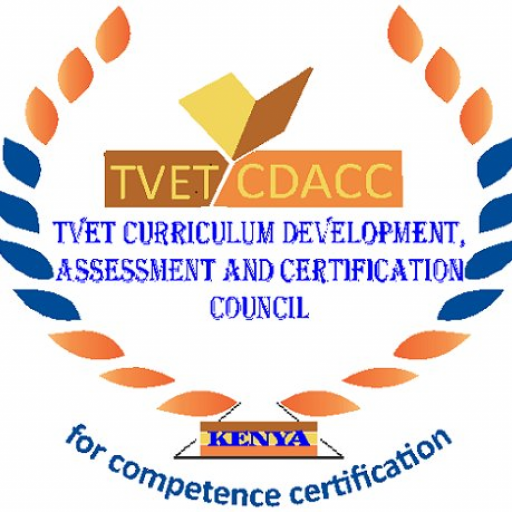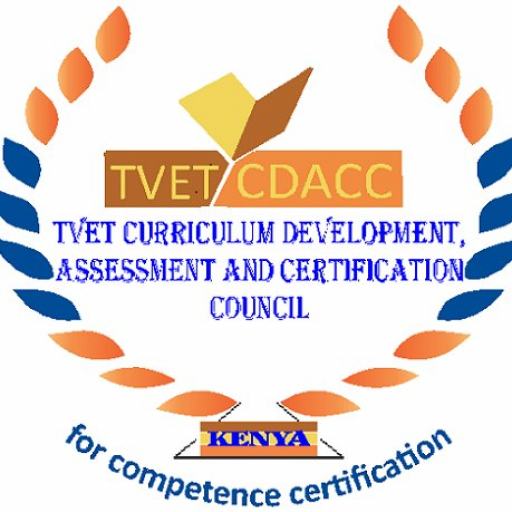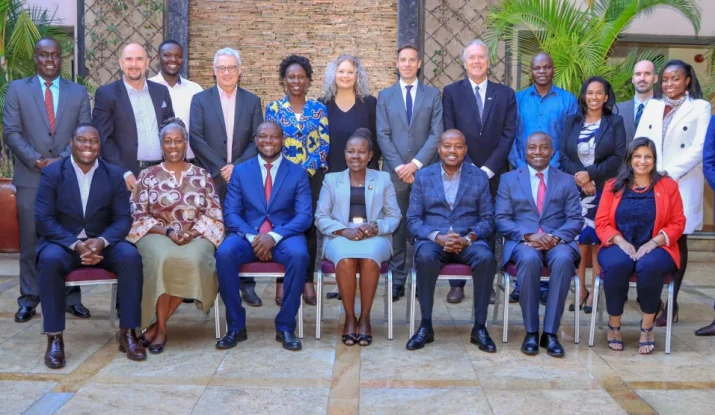This was the rallying call by Dr Esther Thaara Muoria, the new Principal Secretary the State Department for TVET, in her inaugural meeting with development partners from the Joint Sub-Sector Working Group (JSSWG) on TVET and youth employment, at a breakfast meeting in Nairobi.
During the forum, Dr Thaara was also inducted as the new co-chairperson of the network, taking over from Dr Margaret Mwakima, the former PS, TVET. The development partners also took the opportunity to provide an overview of the numerous interventions they are supporting within the TVET sub-sector.
While welcoming the new PS, Mr Aggrey Ndombi, co-chairperson of the network from the development partner’s side congratulated Dr Thaara on her appointment to the State Department of TVET, adding “The development partners in TVET and youth employment remain committed to supporting the government’s TVET agenda to ensure we secure the future of our youth and keep-up with the growing industry demands.”
In her address, Dr Thaara appreciated the development partners for their ongoing support to the sub-sector. She also highlighted some of the State Department’s key priorities.
Top in her agenda is the implementation of the National Communications and Advocacy Strategy (NCAS) for TVET in Kenya. The strategy was developed and launched by the state department of TVET in 2021, through support from the JSSWG development partners.
It’s a first step towards a coordinated advocacy to shift public perceptions as well as social and cultural attitudes about vocational training and it’s benefits in addressing the skills shortages that constrain socio-economic development in the country.
The state department for TVET has also prioritized the full operationalization of the Curriculum Development Accreditation and Certification Council (TVET-CDACC) in line with the Executive Order number 1 of 2022 that reinstates the agency.
“The Executive order by our President Dr William Ruto, clears the ongoing conflict on TVET- CDACC. Reinstating the agency’s operations is a priority considering the important role the agency plays in developing Competence Based Education and training (CBET) programmes,” she added.
Dr Thaara also hinted the government’s plan to hire 3,000 TVET trainers in the new year to bridge the gap in TVET training institutions. While lauding the different initiatives supported by partners, she called for support in teacher training, “especially in pedagogy, to ensure that we improve students' outcomes in competency-based education and training (CBET).”
Other pressing issues that form part of her agenda as she settles into office, include the linkage between competence-based curriculum (CBC) in basic education and CBET, increased linkages between industry and academia and infrastructure development for practical training in TVET institutions.
The JSSWG was established in 2018 by international development partners working on TVET and Youth Employment in Kenya, in partnership with the Ministry of Education, State Department for Vocational and Technical Training.
The forum facilitates the exchange of information and insights on policy and practise between development partners and the government of Kenya. It also allows the partners to better align with and support the government’s training and reform efforts in the TVET sub-sector while enhancing the effectiveness of all development partner investments.
The network is Co-Chaired by the PS in-charge of TVET and one of the development partners, currently the International Labour Organization (ILO). The Secretariat is hosted by the German Development Cooperation at GIZ Kenya.



